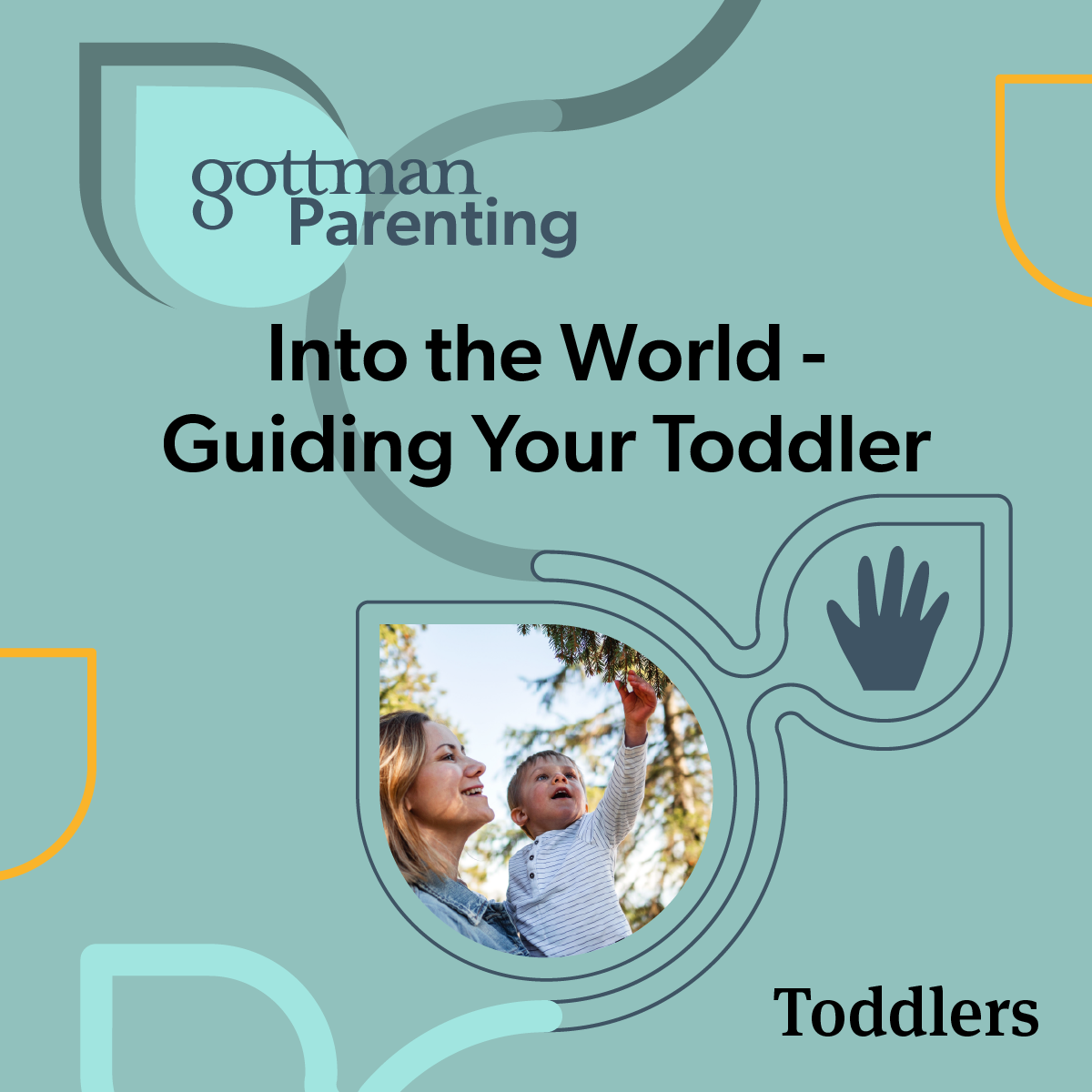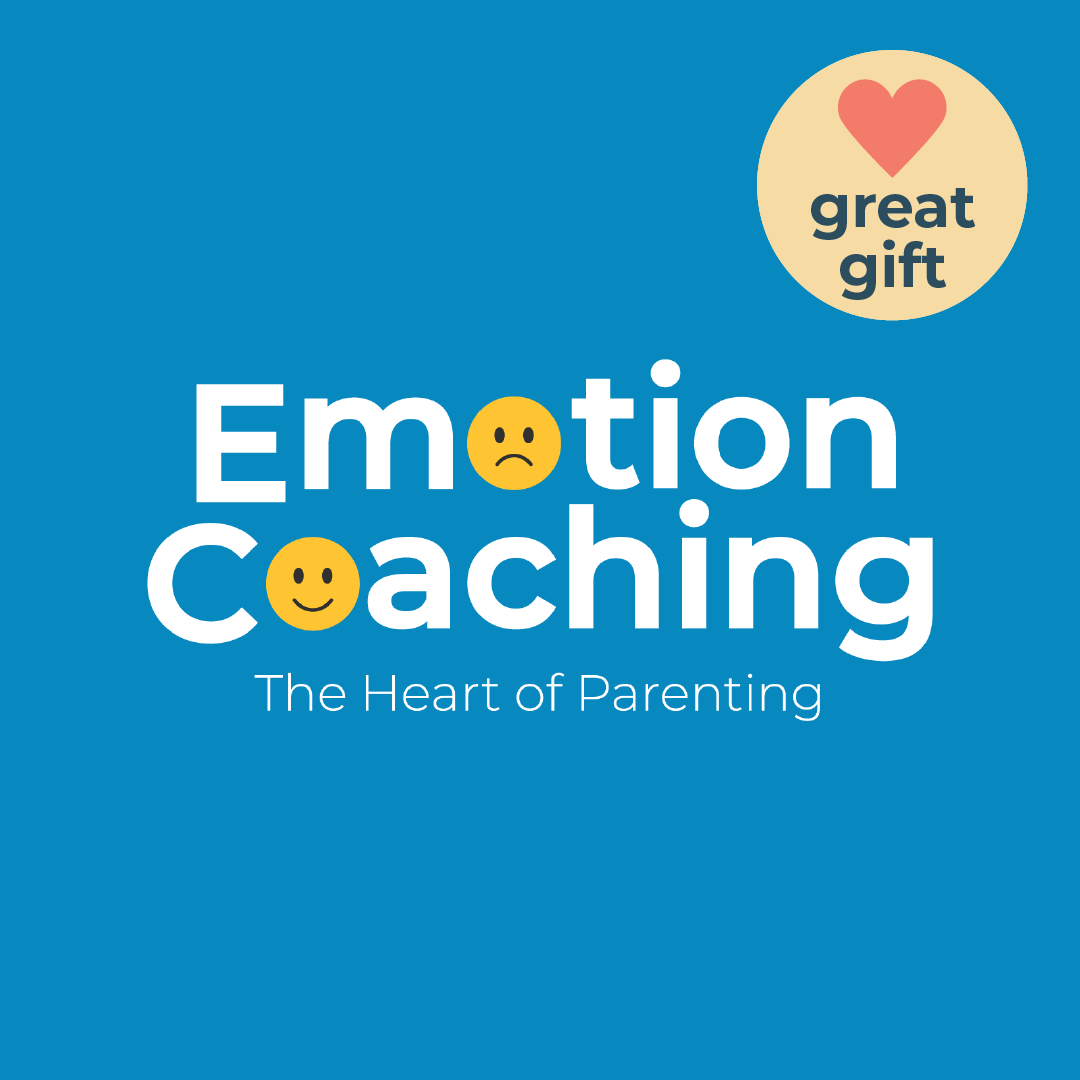Strengthen your bond during the transition to parenthood with our research-based relationship tips for new and expecting parents.
New Beginnings
Sarah and Daniel were excited to become first time parents. They took all the birthing classes, had a beautiful space set up for their new baby, and their friends put together a meal train for them. They felt prepared. Fast forward to three months after the birth. Sarah is deciding if she’ll reenter the workforce, the house is a mess, the baby is getting over colic, and Daniel feels like he doesn’t know how to soothe the baby – everyone is exhausted. What happened?
Welcome, Sarah and Daniel, to the transition to parenthood! Becoming a parent can be wonderful, exciting, and fulfilling, but it can also take a toll on our adult relationships. In fact, research by Dr. John Gottman and the Bringing Baby Home Program shows that for 67 percent of new parents, this transition causes decreased happiness and relationship satisfaction. Part of my job as a Certified Gottman Educator is to teach parents how to avoid common pitfalls during the transition.
Why is the Transition to Parenthood so Tricky?
When “we” becomes “three” (or more), there’s a huge philosophical shift that needs to happen. We go from being someone’s child to someone’s parent. Think about that: not only do we have to redefine who we are, but we need to redefine our partner’s identity as well. You’ll be waking up in the morning to a mom or a dad sleeping next to you! It can take some time to get comfortable with your new identity, and to get comfortable seeing your partner through new eyes.
We also know that conflict tends to increase, and communication tends to decrease, after you bring baby home. Everyone is tired and missing that deeper well of patience you were able to draw on before baby.
We can’t forget the typical decrease in intimacy and sex those first few months. The birthing parent may be adjusting physically and/or emotionally and may be getting used to their new body. They may also feel “touched out” because they constantly have a little person on them and needing them. The non-birthing parent may feel excluded from the close bond forming between the other two members of the household.
New parents often report feeling more like roommates than like soulmates. They are running the family business together and missing the shared connection they had before baby. “I’ll do the dishes while you put the baby down and then you can run to the drugstore while I start the laundry”. You probably decided to start a family together because you love each other and support each other and have fun together. After baby it’s very easy to slip into roommate-mode.
The Research
The Bringing Baby Home program emphasizes the Sound Relationship House model, which explains that you can’t build a sturdy house without a foundation. The foundation for your child’s “house” is your relationship. As I say in class, you can’t build the upstairs nursery before you build the first floor. We know from our research that kids who grow up with parents who like each other and have fun together tend to have better outcomes across the board.
Feeling good about your partner and your relationship isn’t rocket science. Our pilot project in the early 2000s actually showed that couples who take the 12-hour Bringing Baby Home workshop report higher relationship satisfaction, lower interpersonal hostility, and less incidence of postpartum depression in both parents. It doesn’t end there; parents who took the workshop showed greater responsiveness to their infant’s cues, demonstrated better co-parenting abilities, and their babies expressed more smiling and laughing during family play the first year of life.
How can new parents maintain a satisfying relationship after baby?
We have discovered a variety of strategies to build a supportive relationship:
- Intentional open-ended conversations (“What do you want our life to be like in five years?” vs “Are we out of cereal?”)
- Notice when you partner expresses a need, and respond positively
- Verbally appreciate your partner and point out the things you like
- Find ways to discuss conflict that feel safe and respectful to both of you
- Make time for connection and intimacy
- Plan together for a shared future as a new family
The Bringing Baby Home workshop guides parents through a variety of experiences to acquire these strategies and gives them the time and space to decide how they’ll incorporate them into their daily lives.
The transition to parenthood is just that – a transition – and most of us have a little trouble with change. Expect that this new season of life will take some getting used to. Dr. Gottman says “the greatest gift you can give your baby is a strong and healthy relationship between the two of you”. Take the time to invest in your relationship so you can be that solid foundation for your children.










